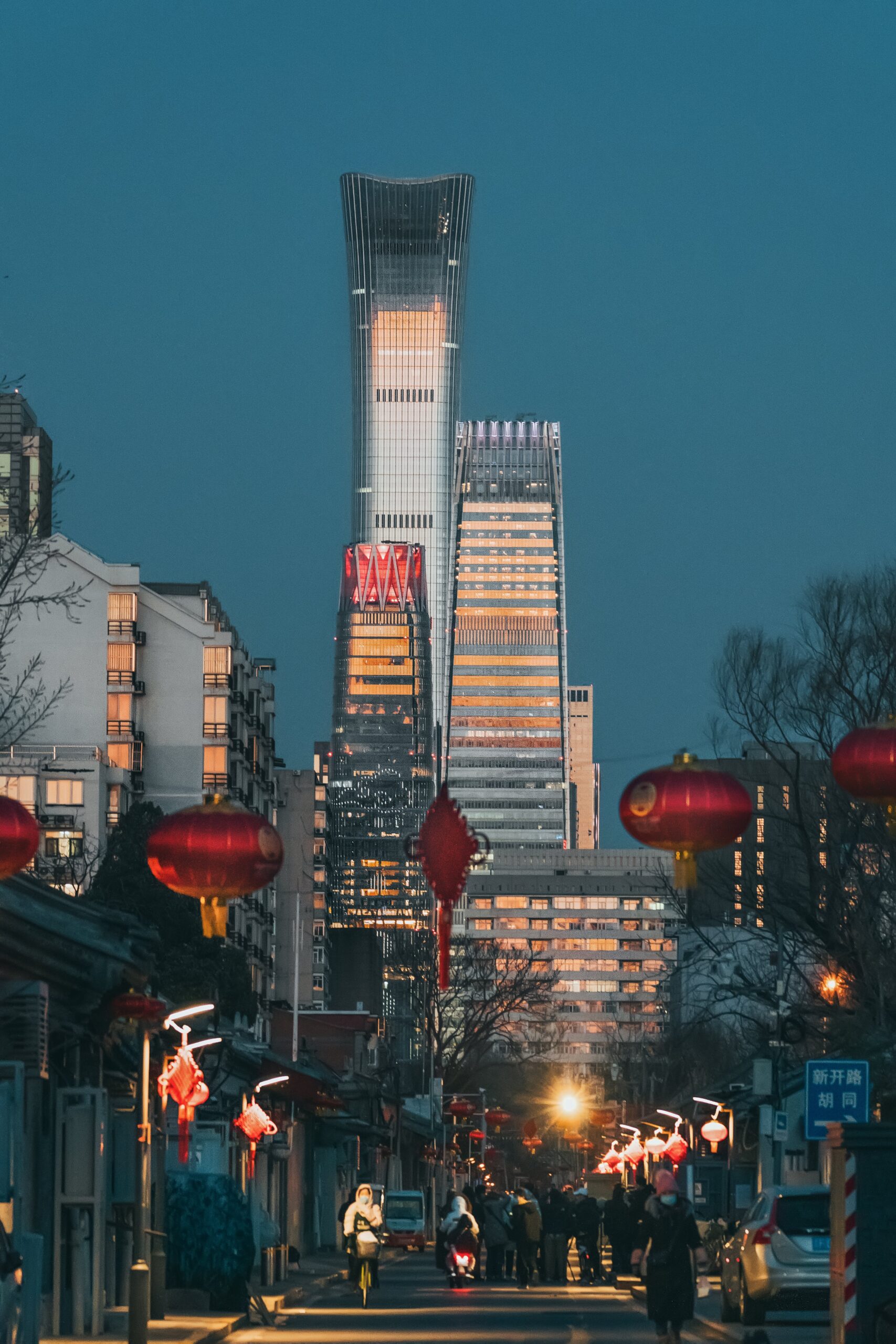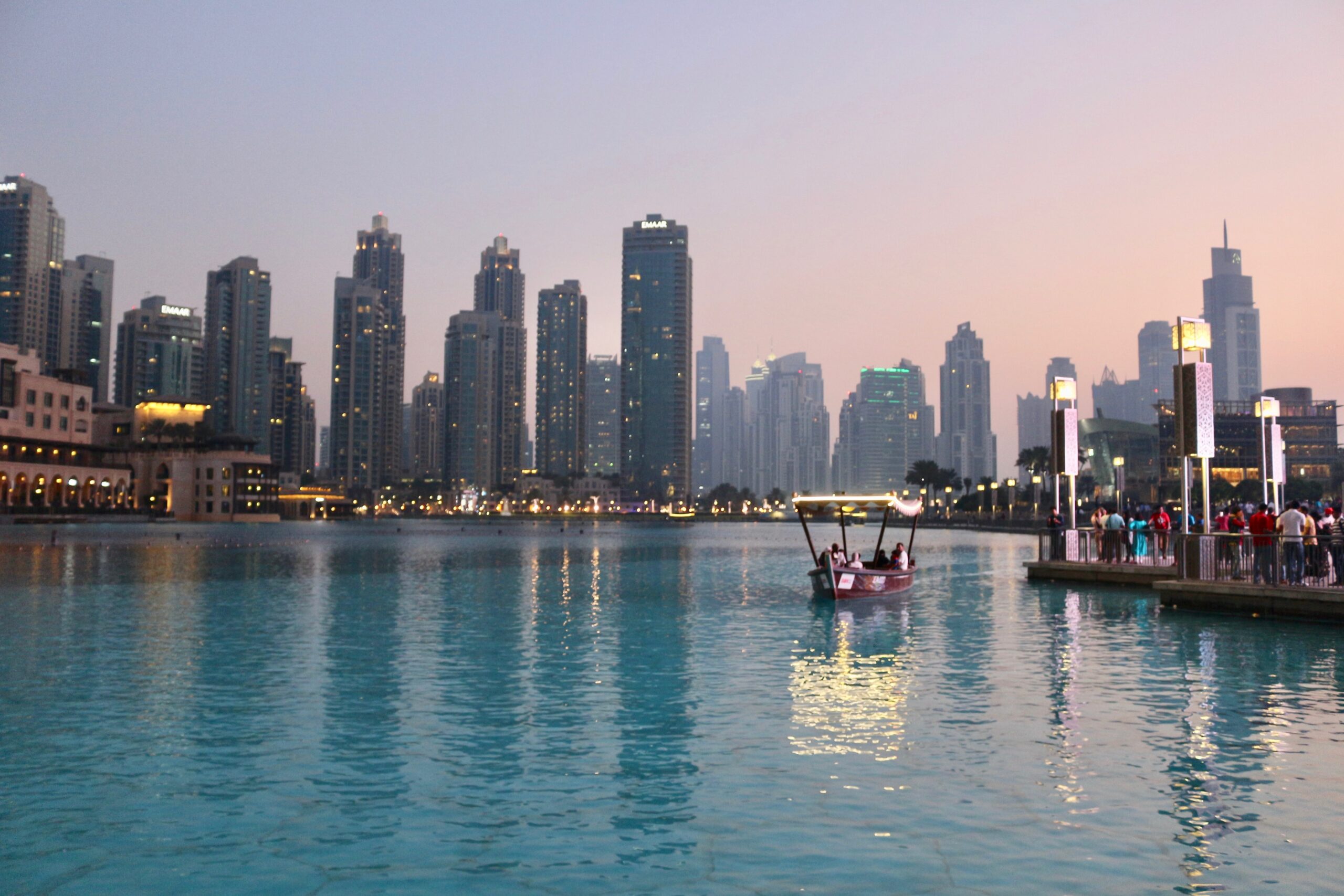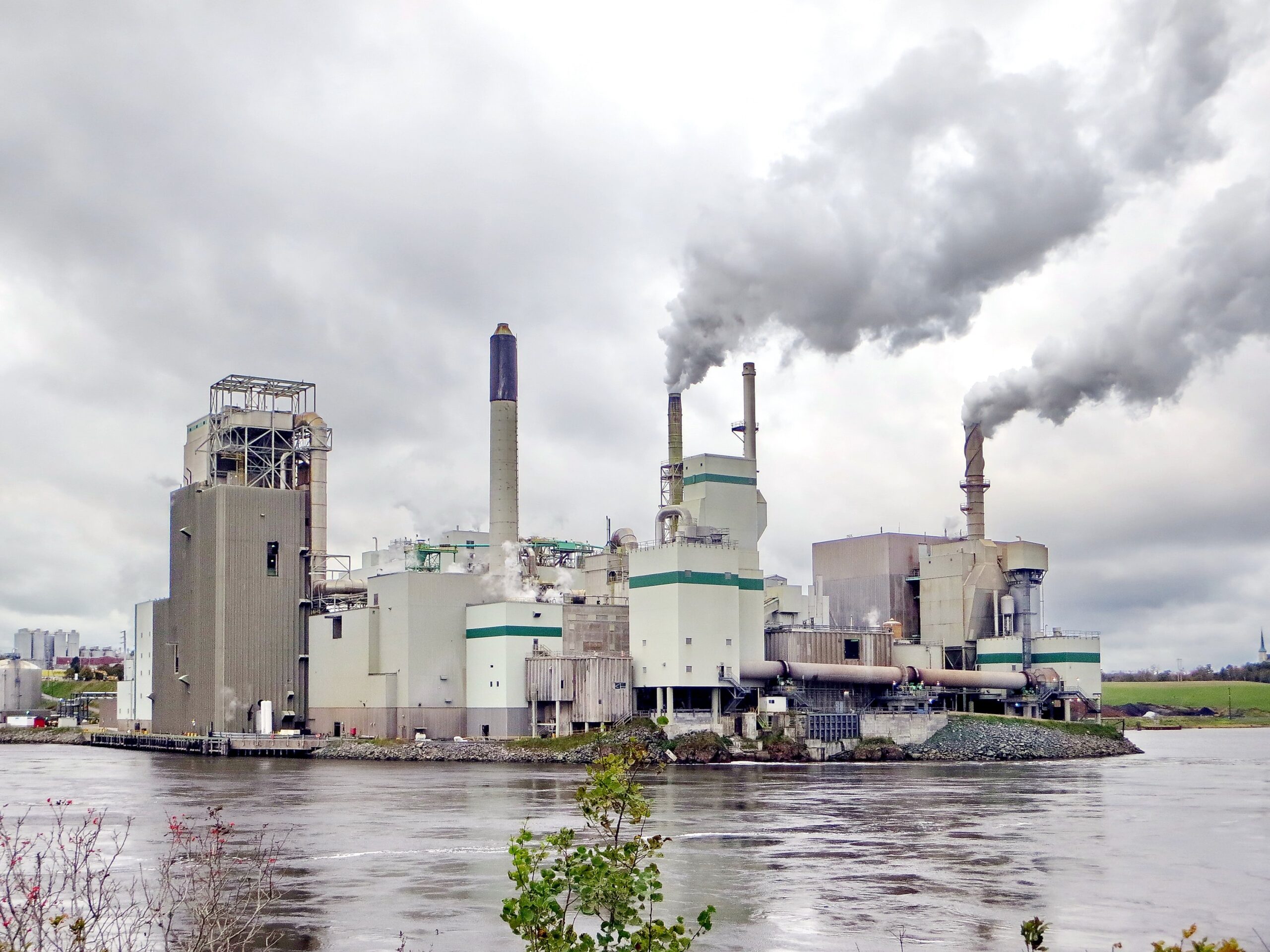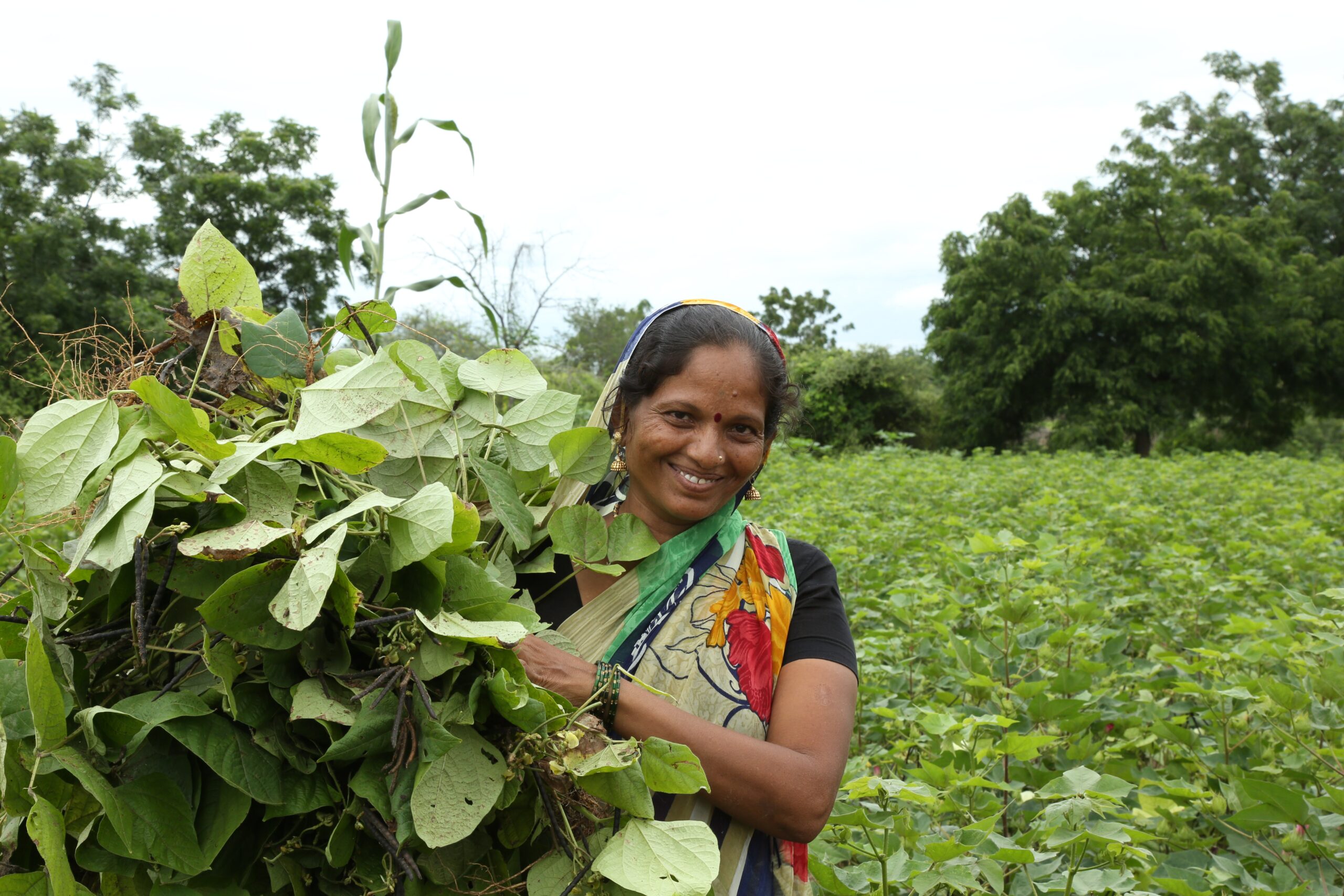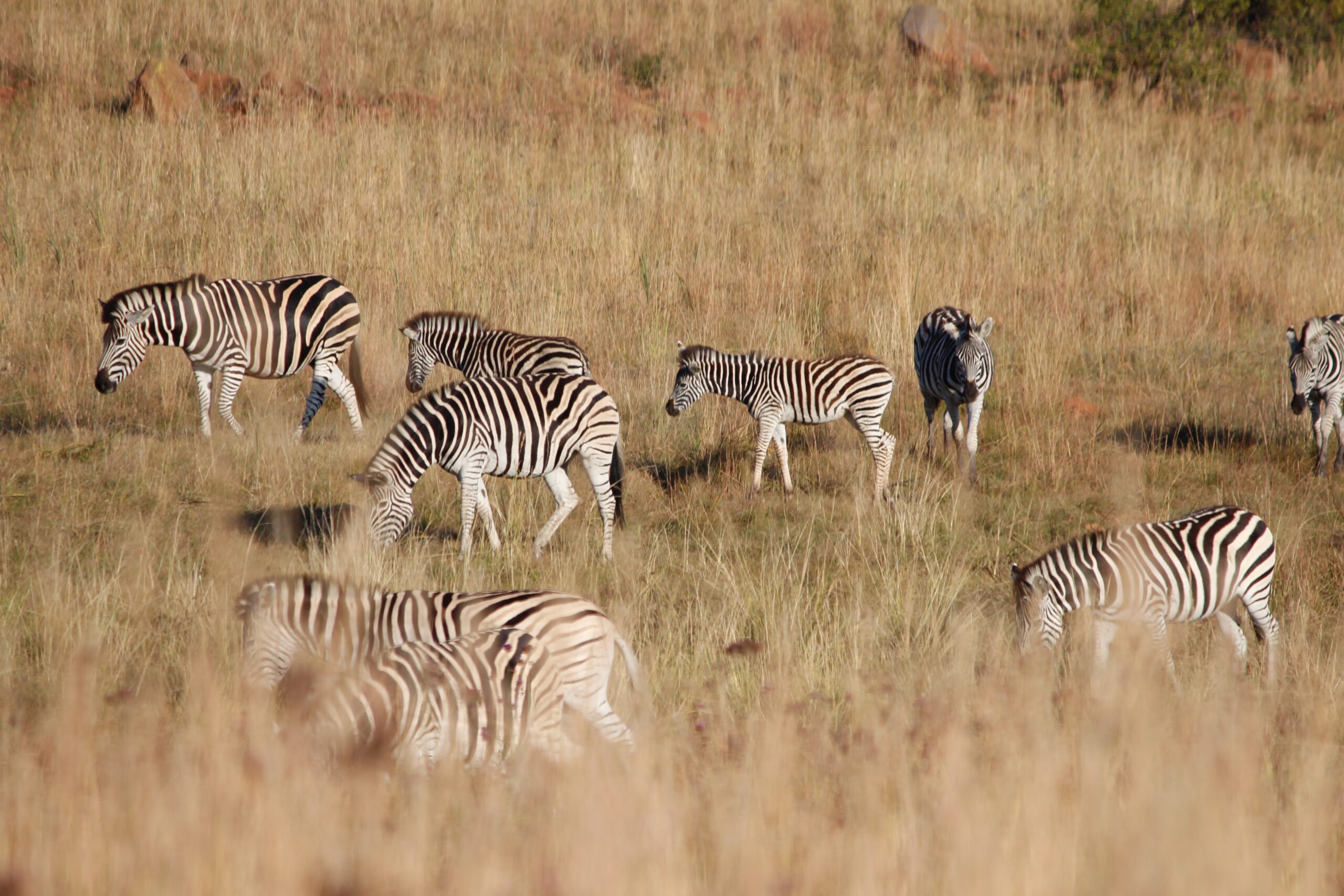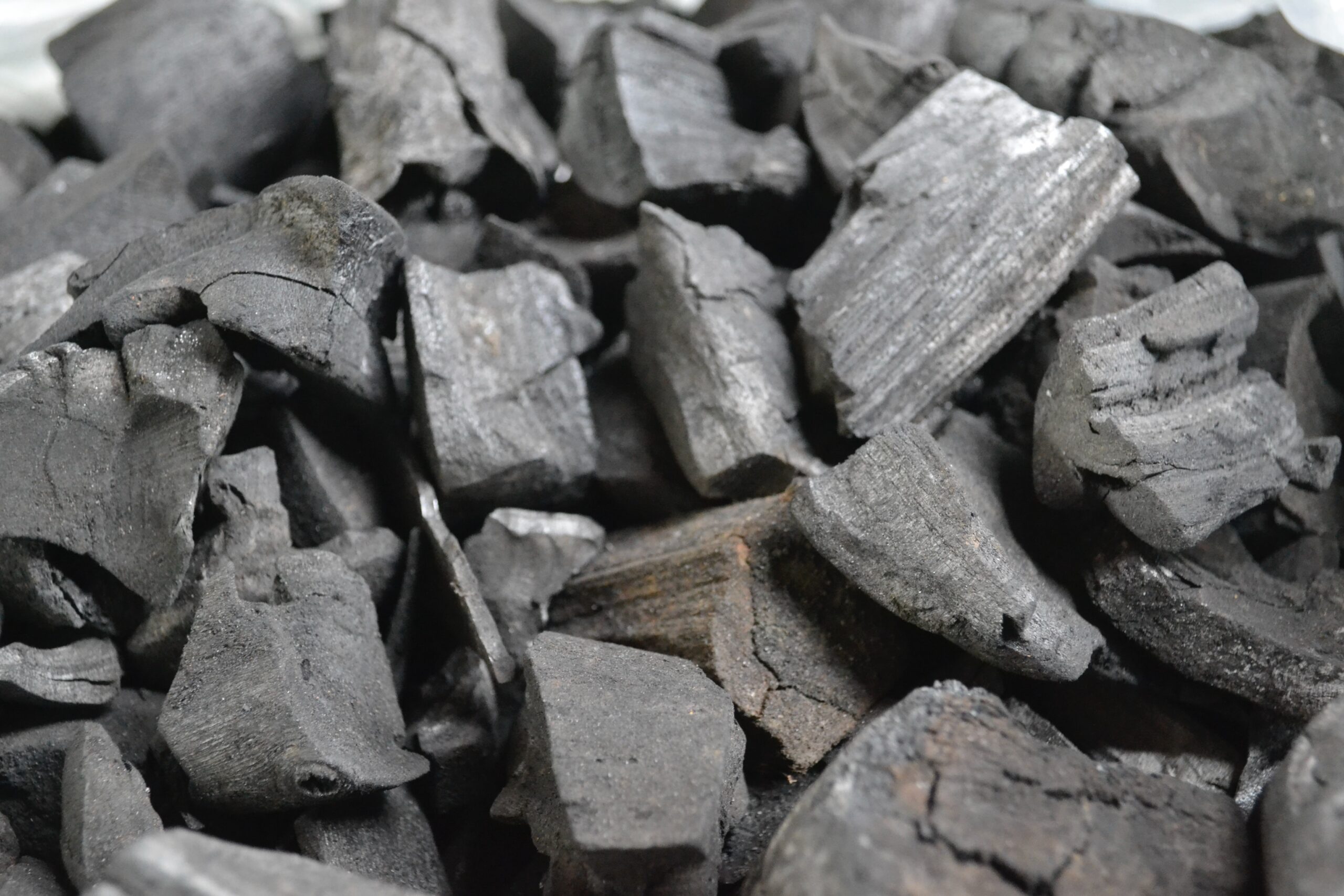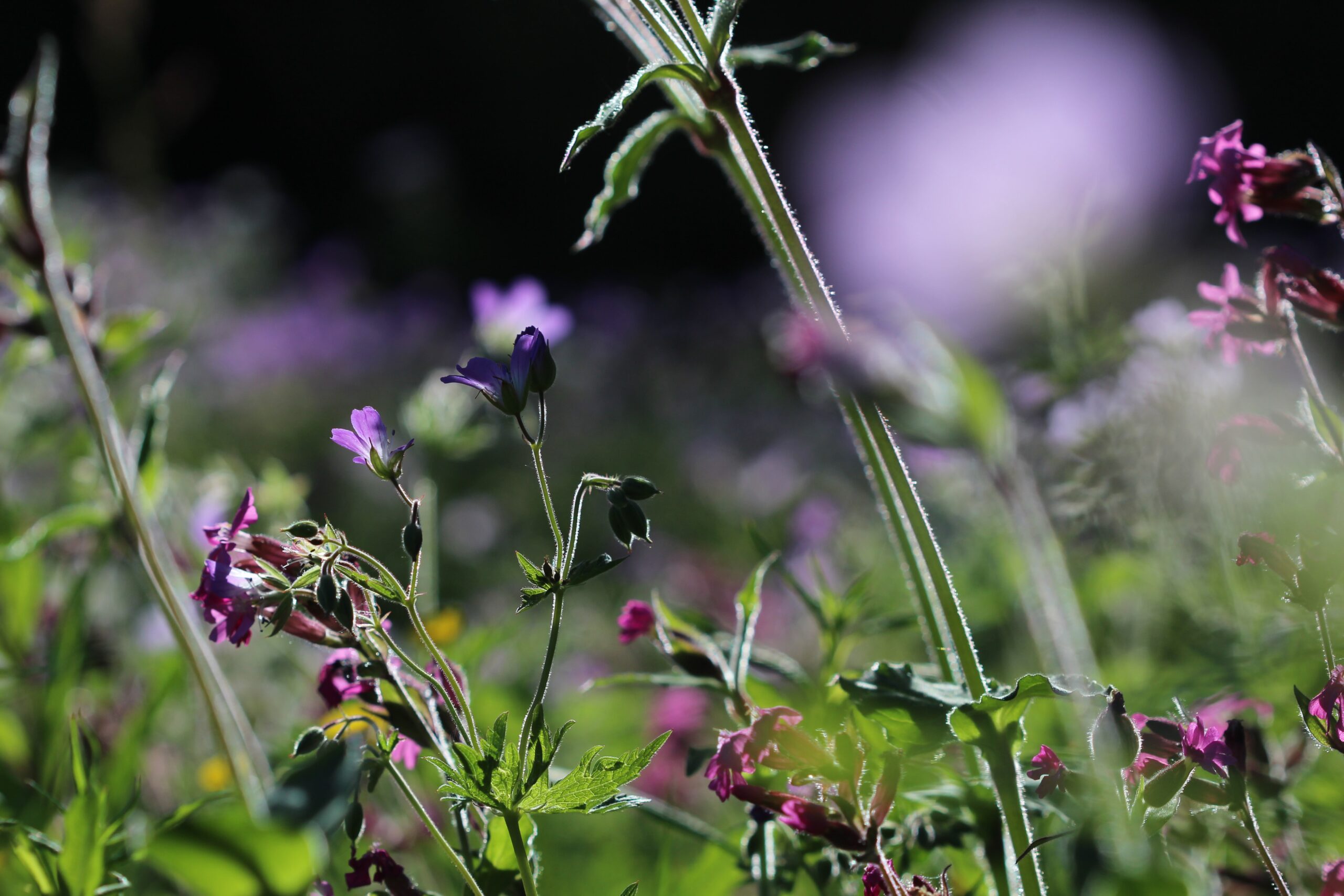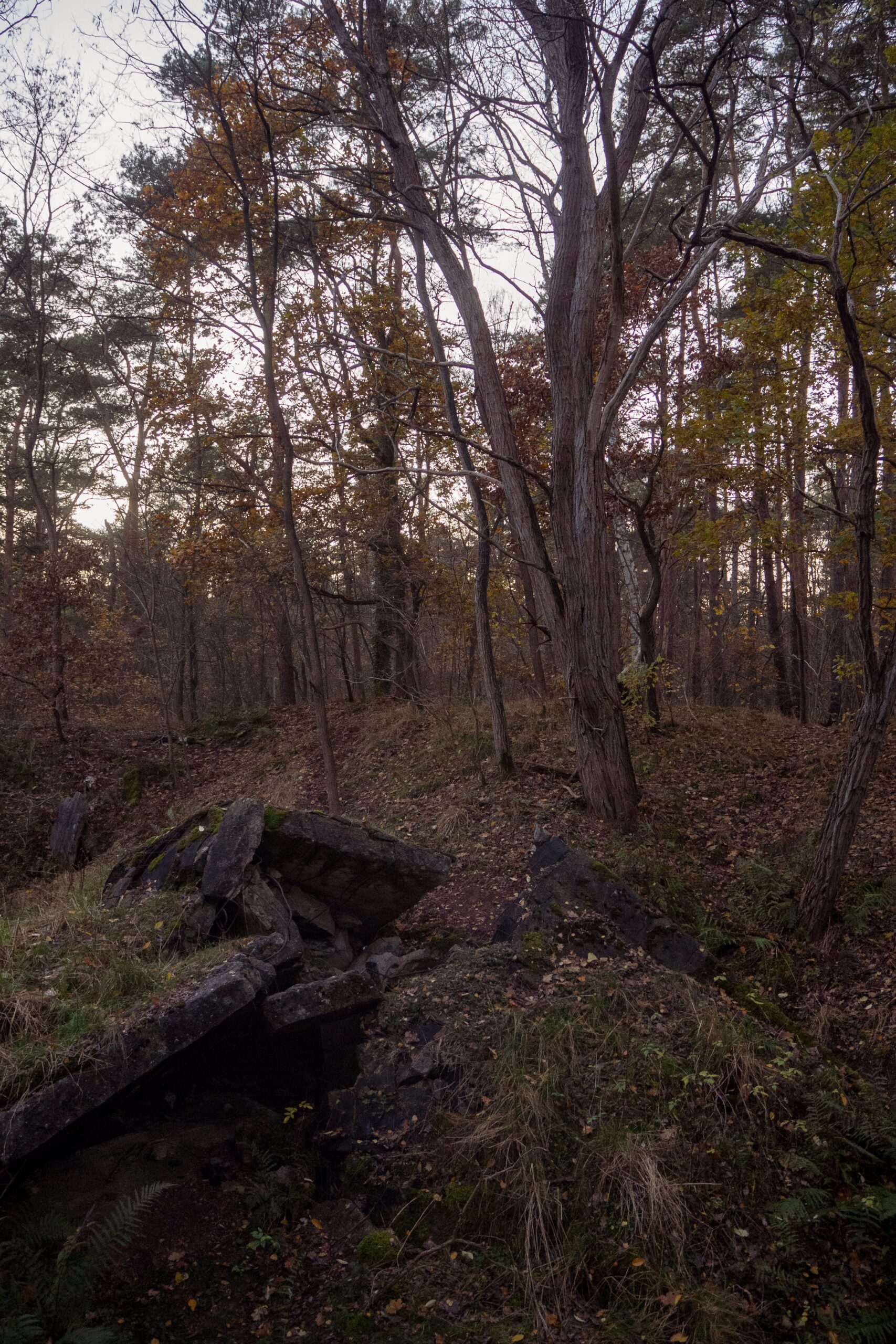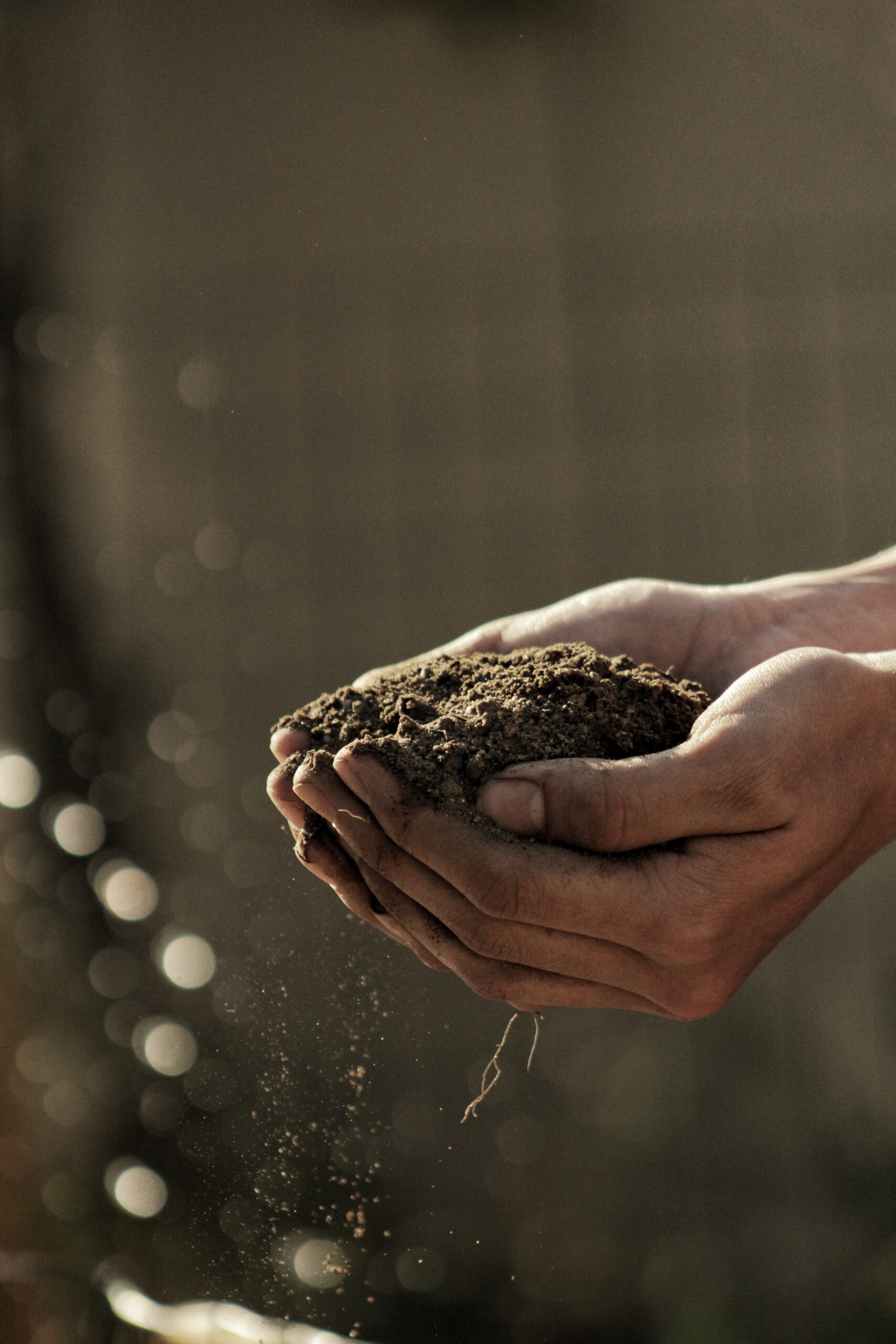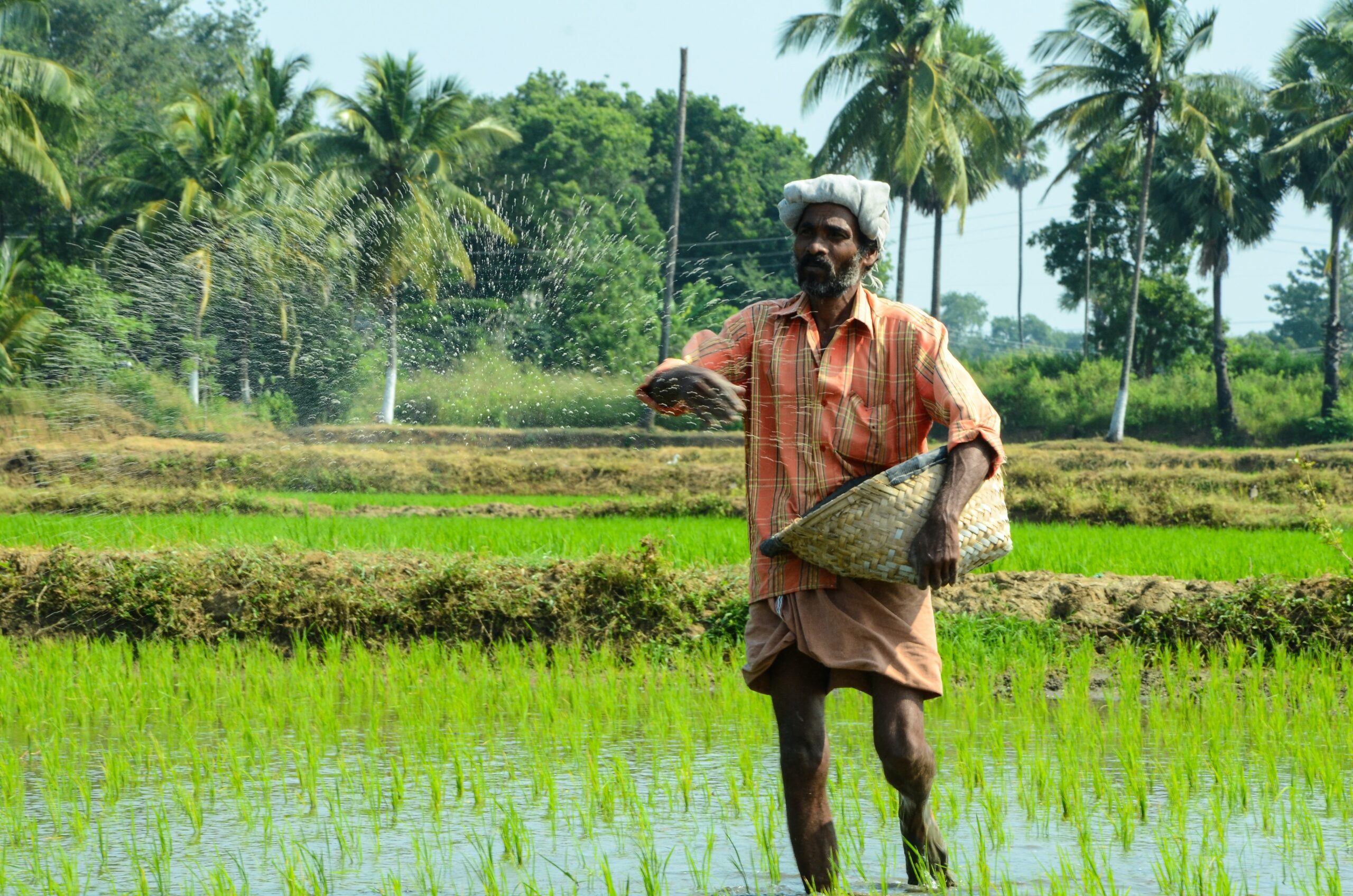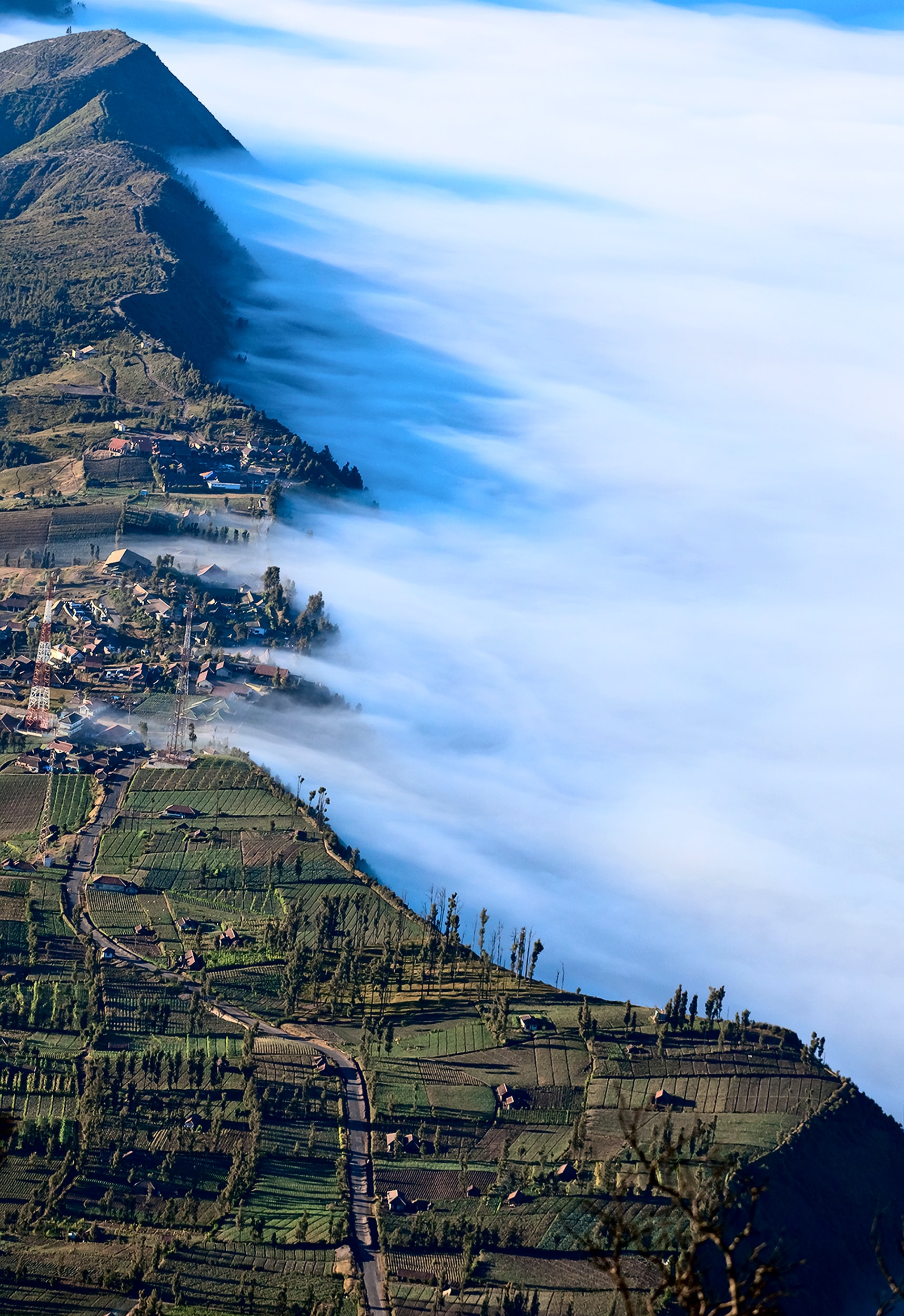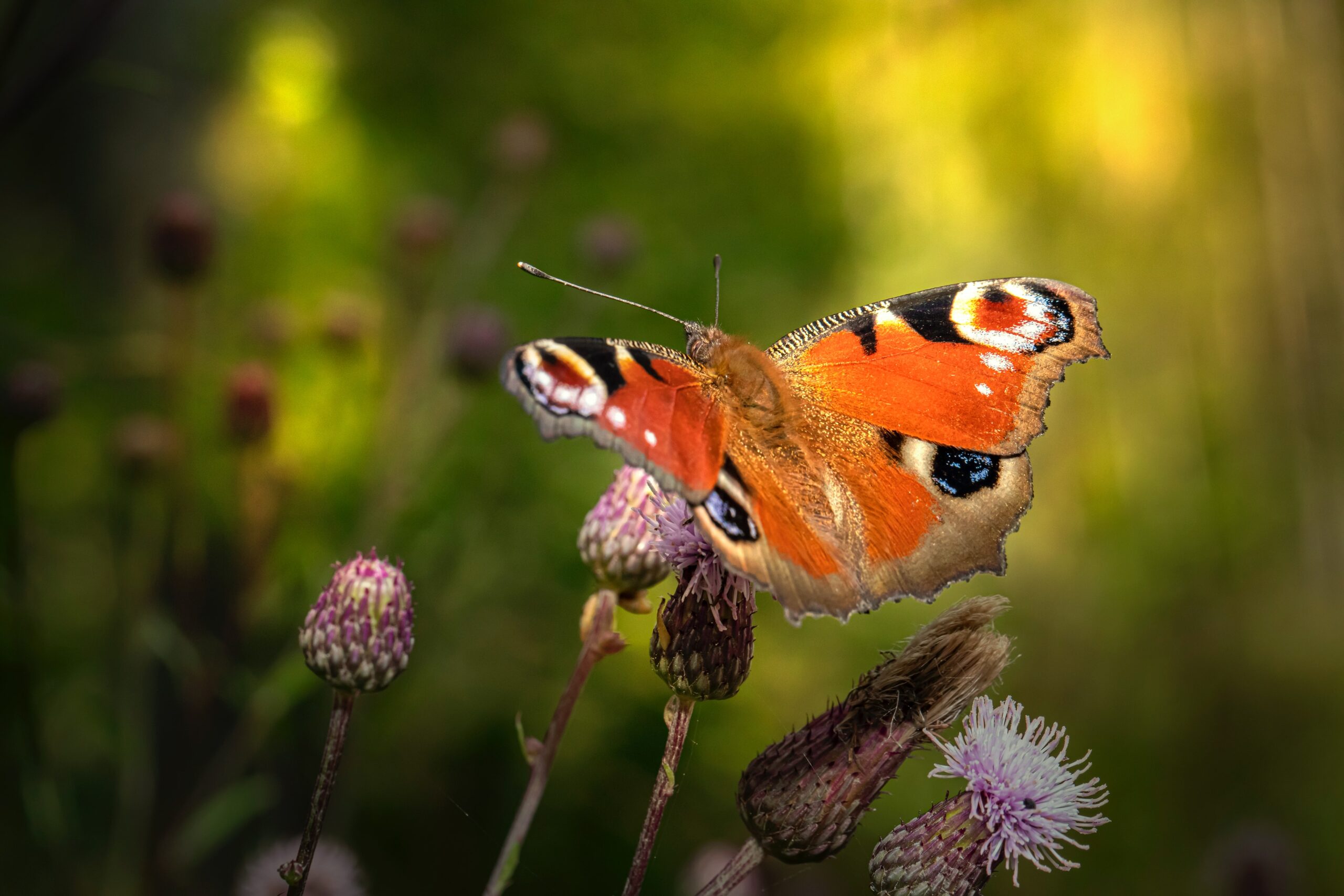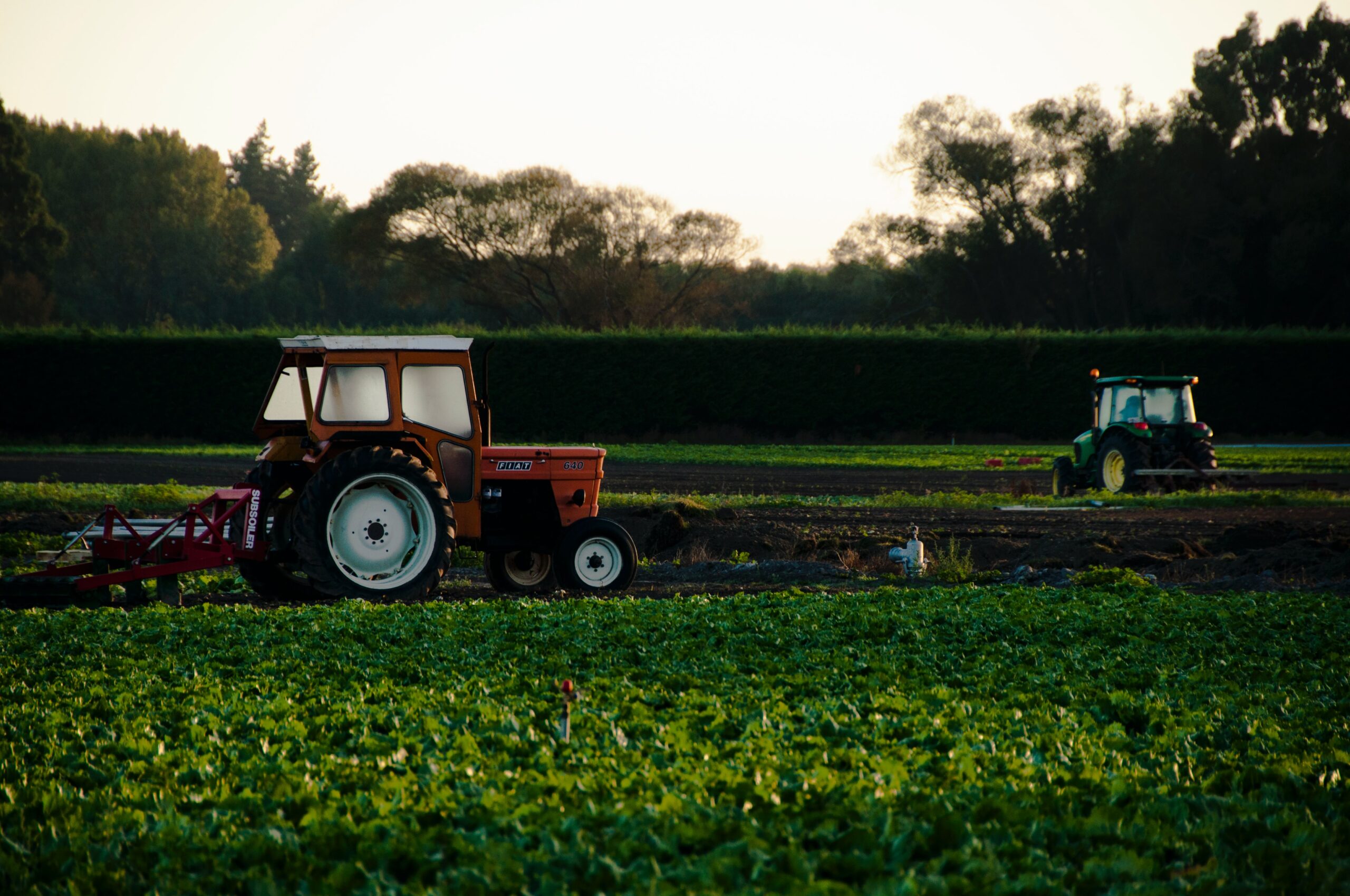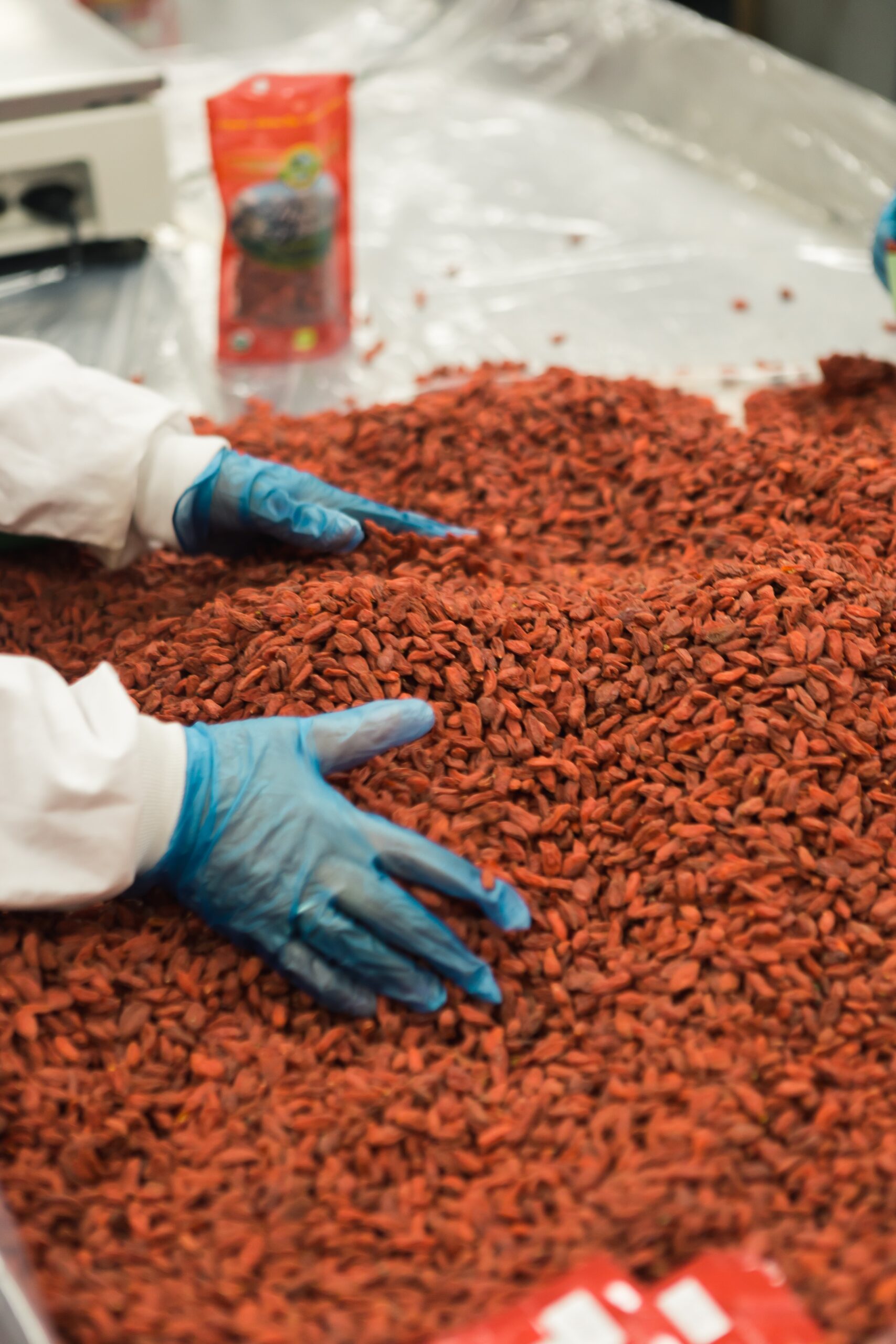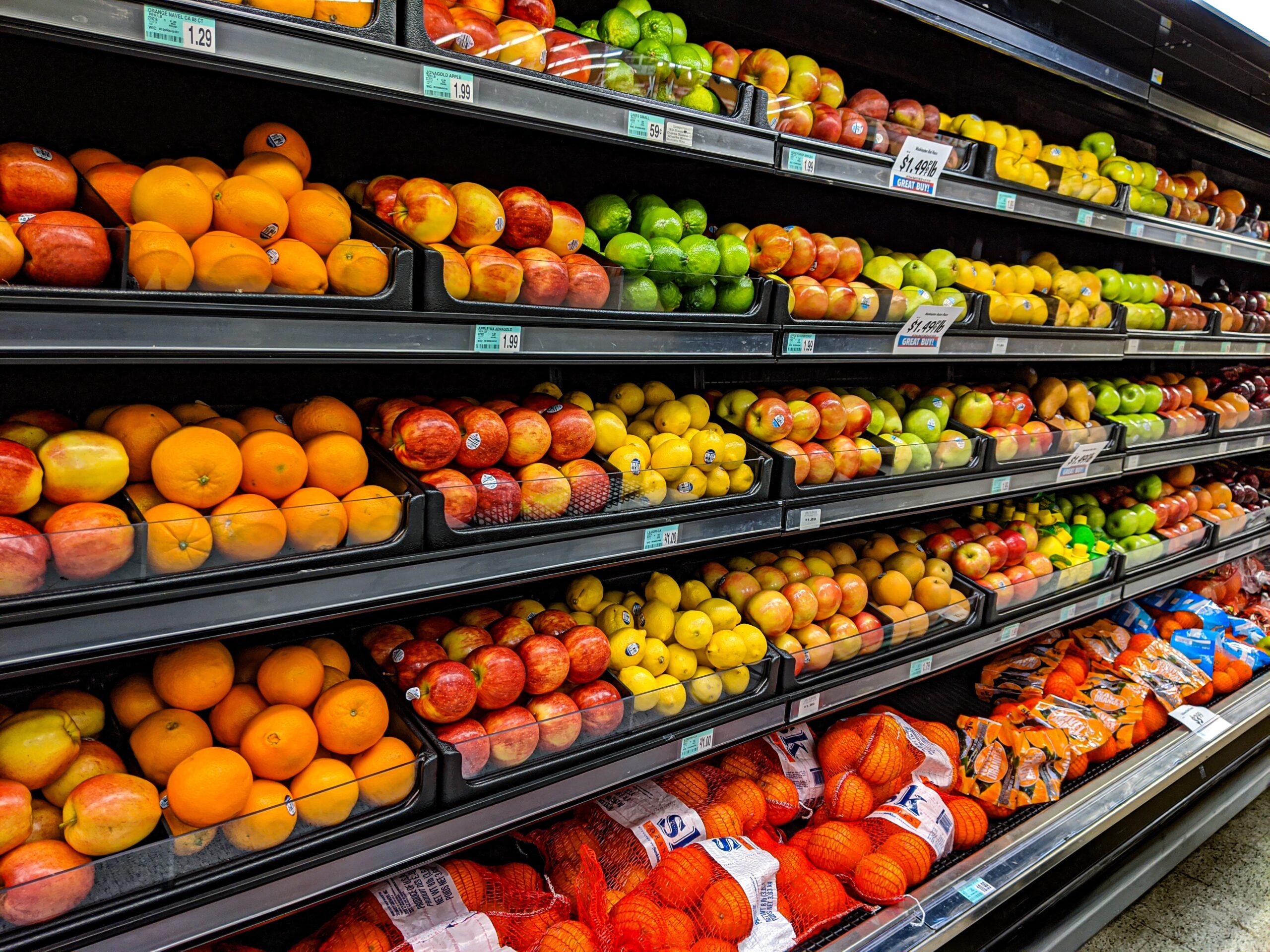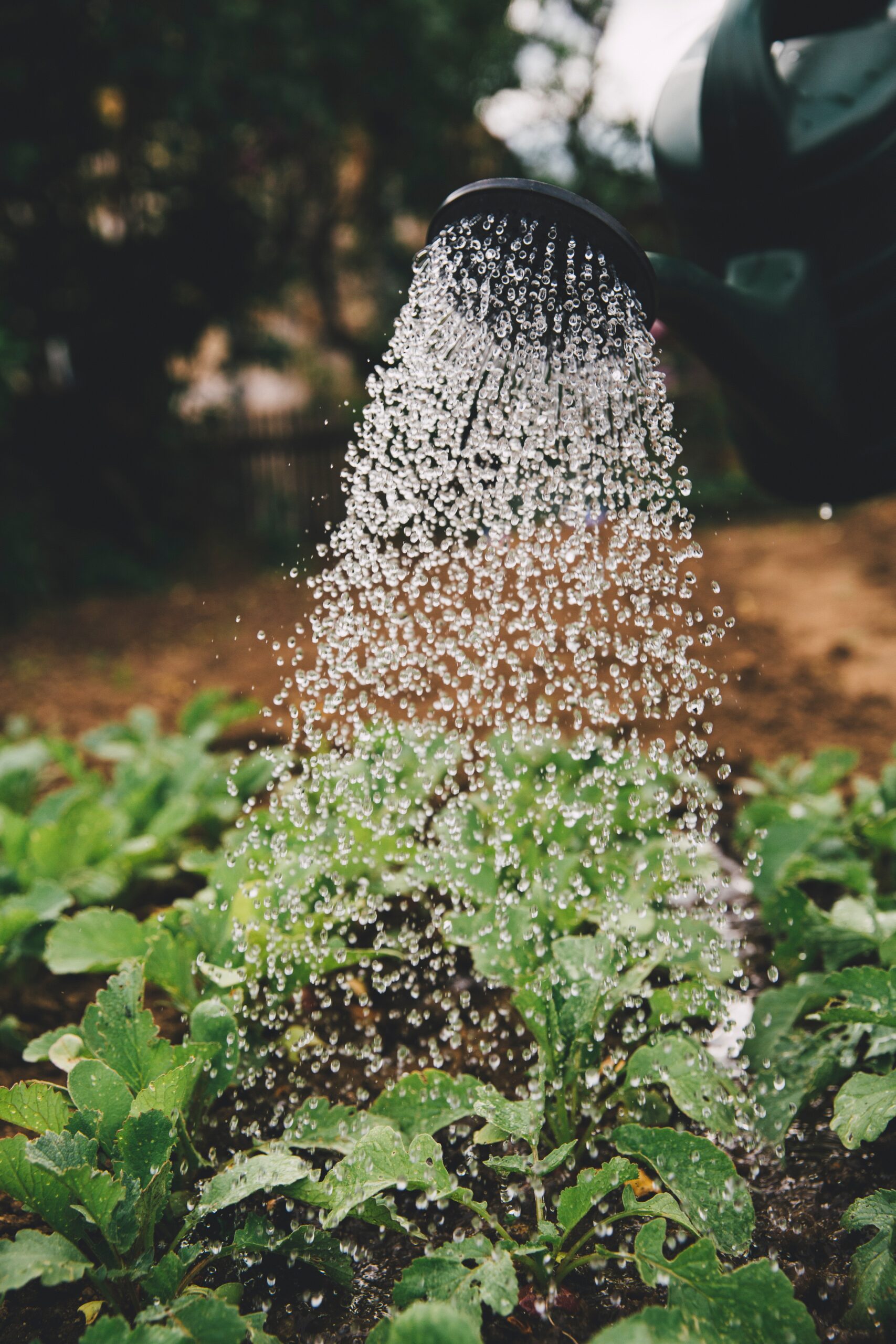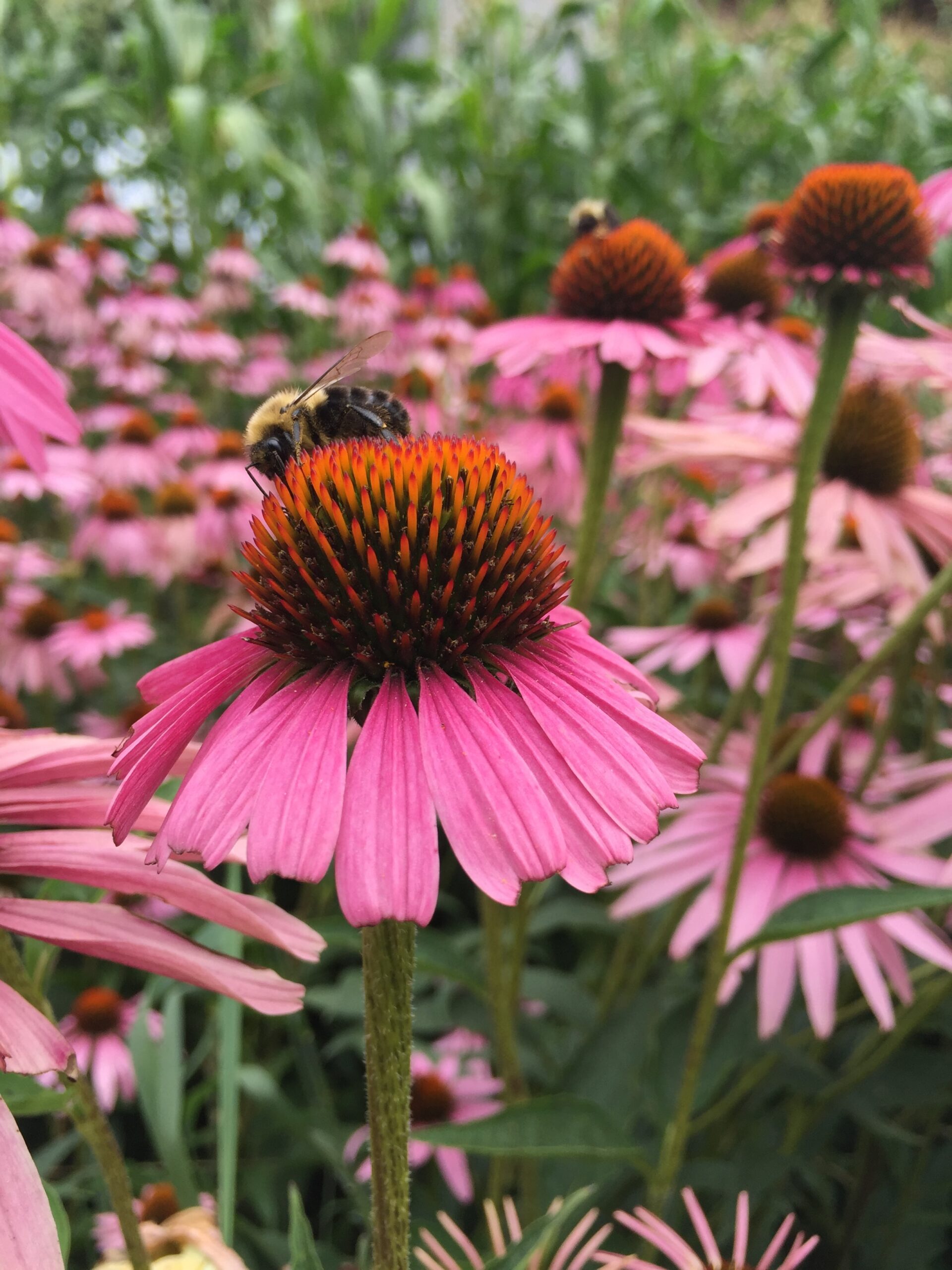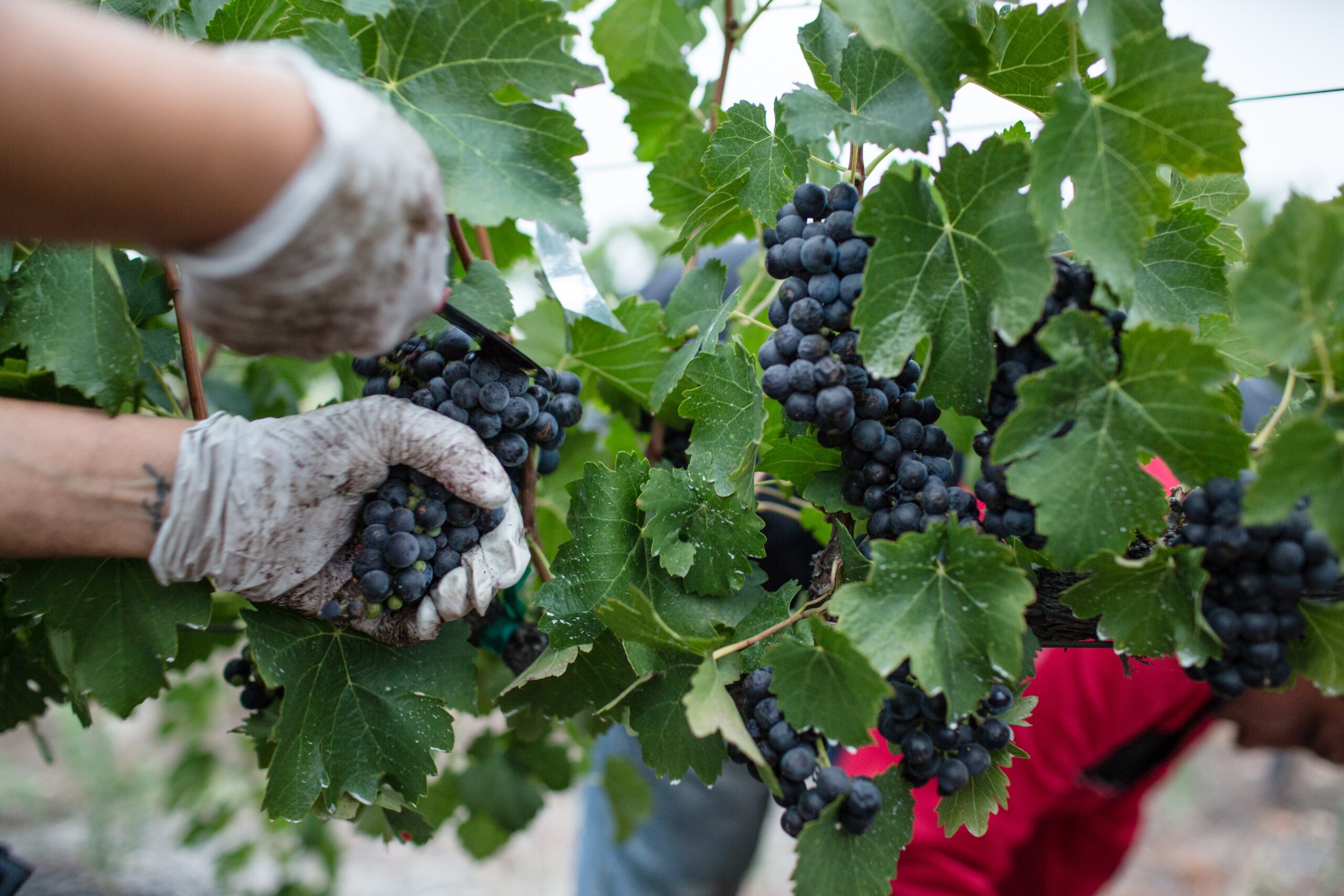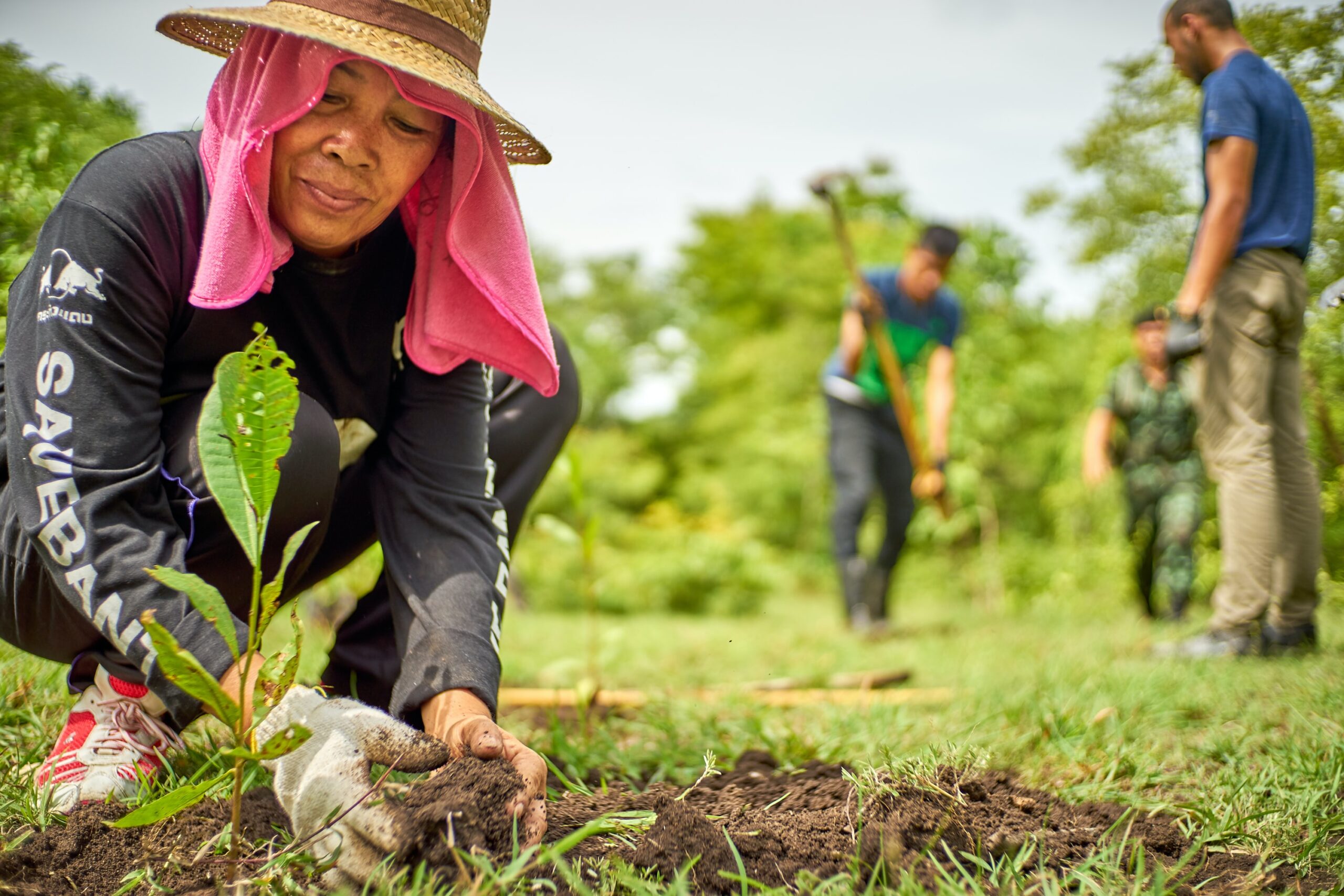Urban areas are facing a range of environmental challenges including air, water and soil pollution as a result of industrial, domestic, and traffic emissions. In addition, global climate change is likely to aggravate certain urban problems and disturb the urban ecology by increasing the frequency and severity of extreme weather events. In the context of urbanization growth and the consequent impact on the environment, there is a growing interest in maintaining urban soil quality and functions as they are the medium for green infrastructure development. Furthermore, urban soils are becoming one of the key factors in the delivery of many ecosystem services such as carbon storage, climate regulation, water flow regulation, etc. On the other hand, urban soils are well-known to be a major sink of air pollutants due to the wet and dry atmospheric deposition and recirculation. Soil has the ability to degrade some chemical contaminants but when the levels are high, urban soils could hold on to large amounts and pose a risk to human health. A cost-effective technological solution is to use the ability of some plant species to metabolize, accumulate and detoxify heavy metals or other harmful organic or inorganic compounds from the soil layer. The establishment of urban lawns (grass-covered surfaces) is a helpful, environmentally friendly, economically sustainable, and cost-effective approach to remove contaminants from polluted soils (terrains), which also has some aesthetic benefits. In this paper, an overview of the benefits and limitations of urban lawn construction is presented. The focus is on the perspectives for sustainable management of urban lawns, especially as buffer green patches in the road network surroundings, that can represent strategies to provide ecological and social multifunctionality of urban soils, thus, increasing their ecosystem services capacity. Specifically, the paper highlights (i) the possibilities for phytoremediation of urban soils, (ii) the potential of some perennial grasses, and (iii) key issues that should be considered in the planning and design of urban lawns.







































































































































































































































































































































































































































































































































































































































































































































































































































































































































































































